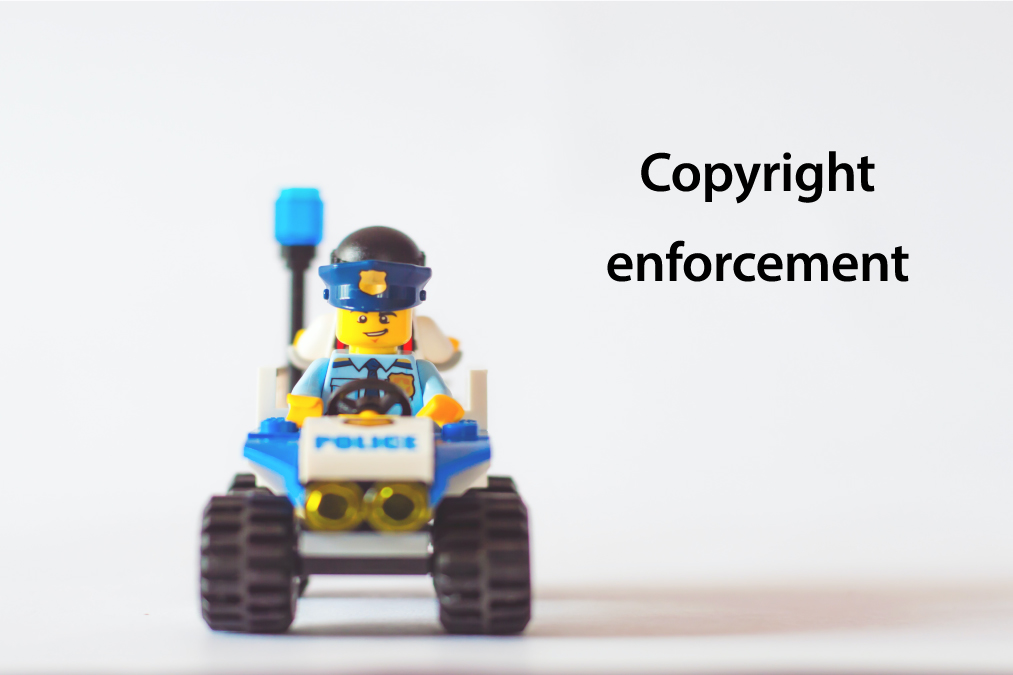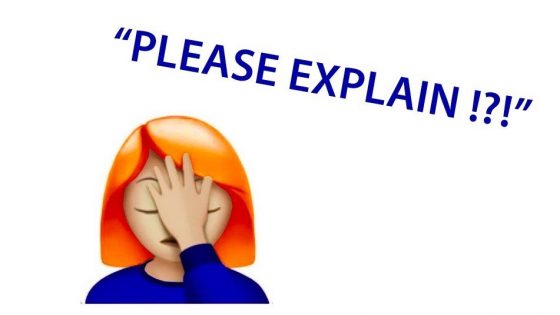Copyright infringement isn’t child’s play, as one toy manufacturer recently discovered. Nine people were handed jail sentences by the Shanghai No.3 Intermediate People’s Court as China seeks to more strictly enforce intellectual property rights.
If you’re manufacturing or distributing products in China, you should be aware of the copyright laws in place. Businesses who register copyright in China are provided with a Government issued document documenting their ownership. Whilst registration is voluntary, it can assist greatly to enforce rights in the event of infringement.
Copyright is infringed if copyright material, or a “substantial part” of it, is used without permission in one of the ways exclusively reserved to the copyright owner.
The background
Many of us are familiar with the colourful building blocks known as ‘LEGO’. We’ve all experienced the pain of stepping on a piece here and there. The plastic bricks have been a childhood staple and appeal to small and big kids alike, as well as collectors. In short, some serious coin has been made by its Danish manufacturer, The LEGO Group. Of course, where there is a great idea and successful product, there is a risk of copycats. Enter, LEPIN, a Chinese manufacturer that began producing its own version of LEGO in 2015.
LEPIN purchased sets of LEGO and broke down the various elements, replicating them under the LEPIN name on a 1:1 scale, available to consumers at a fraction of the price. Success resulted in rapid expansion – LEPIN built factories and rented warehouse space, set up distribution channels and registered trade marks.
You may notice some similarities…

The LEGO Group certainly thought there were similarities and it has fought vigorously to defend its intellectual property in various courts around the world.
What happened with this particular case?
Shanghai Police began to investigate LEPIN, resulting in the seizure of more than 600,000 products in April last year from one of the company’s factories. Police also seized moulds used to replicate LEGO, packing boxes, user manuals and over 50,000 sales orders. The haul was estimated to be worth over 30 million RMB ($6,231,675 AUD).
Li Haipeng, viewed as the main offender, was sentenced to 6 years of jail and fined 90 million RMB for copyright infringement. Eight others received jail time and accompanying fines.
In its verdict, the Court stated “Such crimes are extremely serious…most of the counterfeit toys in the case have already made their way into the market, infringing upon intellectual property rights, causing significant losses to other business’ reputations and economic interests, and disrupting the market order.”
What are the key takeaways for businesses manufacturing or distributing products in China?
China has previously received heavy criticism for not enforcing intellectual property rights but in recent years, it has begun to take a much stronger stance – in 2019, an E-commerce Law came into effect which also includes safeguards for intellectual property. China has also released draft Amendments to the Copyright Law which provide regulators with greater powers and allow for increased financial penalties for infringement.
In June a plan was released, ‘Key Points of the National Work to Crack Down on Intellectual Property Infringement and the Production and Sale of Counterfeit and Inferior Commodities in 2020,’ which sets out 35 points covering trade mark, patent, copyright, and trade secret protection.
These measures, in conjunction with more prolific court proceedings and a willingness to work with law enforcement across borders, mean that businesses should be much more cautious in the goods they are manufacturing and distributing throughout Asia. The verdict in this case demonstrates that companies that blatantly infringe on another’s copyright can expect significant penalties.
A copyright owner is entitled to commence a civil action in court against someone who has infringed his or her copyright, and may be entitled to various remedies.
Some infringements of copyright, usually those that involve a commercial element like in this example of LEPIN’s infringement of LEGO’s copyright, are also criminal offences, and various penalties can be imposed if someone is convicted of a copyright offence or issued with an infringement notice.
If you would like to discuss how you can ensure that copyright on your goods is registered in China – or how you can defend your copyright against infringement in within Australia or China, please contact me.





